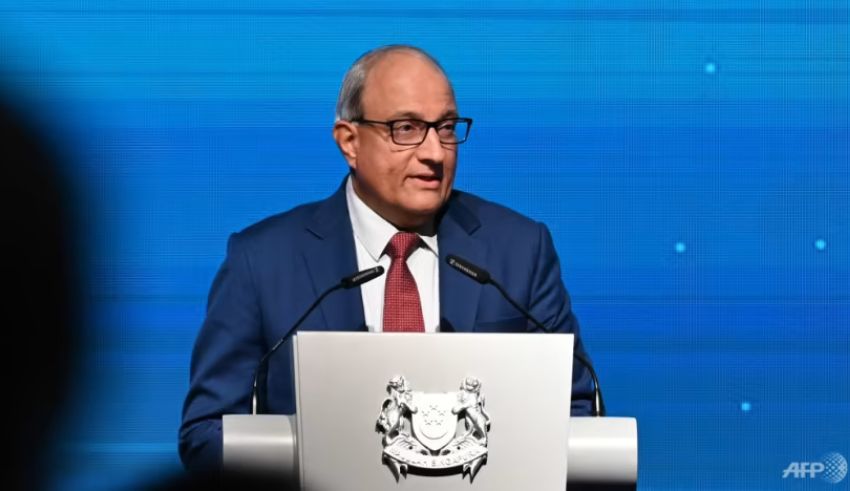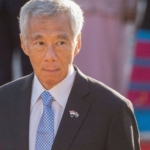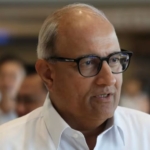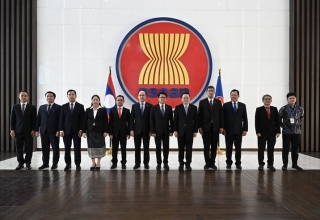
The Singaporean government faces a delicate balancing act as the investigation into corruption charges against Transport Minister S Iswaran progresses: upholding public confidence while upholding the confidentiality of the ongoing probe. Analysts know the difficulties in supplying information during a current CPIB (Corrupt Practices Investigation Bureau) probe. However, they underline the value of openness in addressing public concerns and dispelling rumours to maintain the investigation’s validity and the government’s credibility.
The seriousness of the corruption investigation, mainly as it involves a senior government figure, has aroused considerable public interest. Political analyst Eugene Tan emphasises the significance of timely and accurate information transmission to sustain public trust. Given the issue’s sensitivity and consequences for Singapore’s political climate, citizens can be informed about the investigation’s progress and developments.
The government’s handling of the issue has drawn criticism for its lack of transparency, especially after the initial omission of Minister Iswaran’s detention from the CPIB’s original media release. There is a feeling that information is being withheld due to the delayed announcement of the arrest and the subsequent justifications offered by Prime Minister Lee Hsien Loong and Deputy Prime Minister Lawrence Wong. This impression calls into question the government’s legitimacy and emphasises the necessity of more transparency.
Analysts urge the government to balance revealing essential information while acknowledging the necessity not to jeopardise the ongoing inquiry. Dr Felix Tan emphasises early disclosure could help allay future rumours and accusations. Associate Professor Tan asked for prompt and accurate information disclosures, saying that doing so would show a commitment to openness and allay concerns about how the government handled the case.
Understanding the restrictions imposed on the government about information dissemination is crucial. Dr Woo Jun Jie stresses that the level of information sharing is based on the CPIB’s operating requirements and its capacity to provide updates on the inquiry. Therefore, the government must respect the investigating agency’s independence while ensuring that pertinent information is carefully shared with the public.
Keep Reading
In the era of social media and online platforms, misinformation and rumours can spread rapidly, threatening the investigation’s integrity. Analysts emphasise the significance of addressing and refuting online rumours forcefully to counteract this. Public leaders directly refuting rumours and using the Protection from Online Falsehoods and Manipulation Act (POFMA) to stop further conjecture will help maintain public trust.
Analysts warn the public to refrain from speculating on the severity of alleged corruption offences until the inquiry is complete. They emphasise that corruption damages not only a person’s integrity but also the structures and procedures of the country, drawing a contrast between personal transgressions and that practice. This highlights the requirement for an exhaustive and open investigation to preserve the law and Singapore’s moral governance.
The Singaporean government’s dedication to openness and public trust will be tested in the corruption investigation involving Transport Minister S Iswaran. Analysts concur that the government must strike a careful balance between maintaining the privacy of the current inquiry and giving the public timely and reliable information. The government can uphold its integrity and preserve public trust in the fairness and impartiality of the investigation by addressing rumours, dispelling myths, and exhibiting transparency.
























